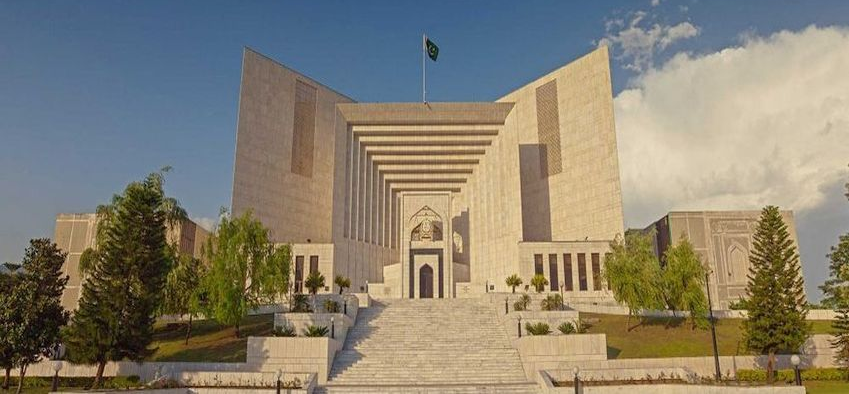Contractual Employees do not have an Automatic Right to Regularization unless provided by Law or Policy --- Supreme Court of Pakistan
Islamabad 01-10-2024: The Supreme Court of Pakistan dismissed two civil petitions (No. 278-K and 279-K of 2022) filed by Waqar Ahmed and others, seeking regularization of their services in the Karachi Port Trust (KPT). The Court upheld the judgment of the Sindh High Court, which had previously dismissed the constitutional petitions, ruling that employees engaged through a contractor cannot claim regularization directly under constitutional jurisdiction.
In a decision authored by Mr. Justice Muhammad Ali Mazhar and Mr. Justice Syed Hasan Azhar Rizvi, the apex Court observed that the petitioners were hired through an outsourcing contractor and not directly by KPT, negating their claim for regularization as permanent employees of KPT. The judgment emphasized that the petitioners failed to establish a direct employer-employee relationship with KPT, as required by law.
The Court noted that the Federal Cabinet decision regarding regularization could not be applied to contractual employees engaged through third-party contractors. “The petitioners were never employed by KPT but by the outsourcing contractor, Aquatech. Therefore, they have no vested right to claim regularization as KPT employees,” the Court observed.
The Court referenced its prior ruling in Faraz Ahmed vs. Federation of Pakistan through Secretary, Ministry of Communications, Government of Pakistan (2022 SCMR 1680 = 2022 SCP 238), which held that contractual employees do not have an automatic right to regularization unless provided by law or policy. The judgment reaffirmed that in the absence of any statutory or policy basis for regularization, such claims are not maintainable under Article 199 of the Constitution.
The Supreme Court also highlighted the appropriate forum for resolving labour disputes, stating that employees must seek recourse under the Industrial and Commercial Employment (Standing Orders) Ordinance, 1968, or the National Industrial Relations Commission (NIRC), if they fall under the definition of “worker” under labour laws. The Court observed that constitutional jurisdiction is not suited to resolve complex factual disputes that require detailed evidence and examination.
Furthermore, the Court advised petitioners to be diligent in choosing the correct forum for their grievances, cautioning that pursuing remedies inappropriately under constitutional petitions can result in delays and frustration of the actual remedy provided by the law. The Court stated, “Filing a constitution petition without a clear legal basis can frustrate or wreck the actual remedy due to the efflux of time.”
After hearing the arguments, the petitioners, on instructions, submitted that they would seek appropriate remedy in accordance with law. The Court clarified that any future proceedings would be decided independently on their own merits, without being influenced by the observations in the impugned judgment.
With this decision, the Supreme Court has reiterated the legal position regarding the regularization of employees engaged through contractors and provided clear guidance on the appropriate forums for such employment disputes.
Powered by Froala Editor








